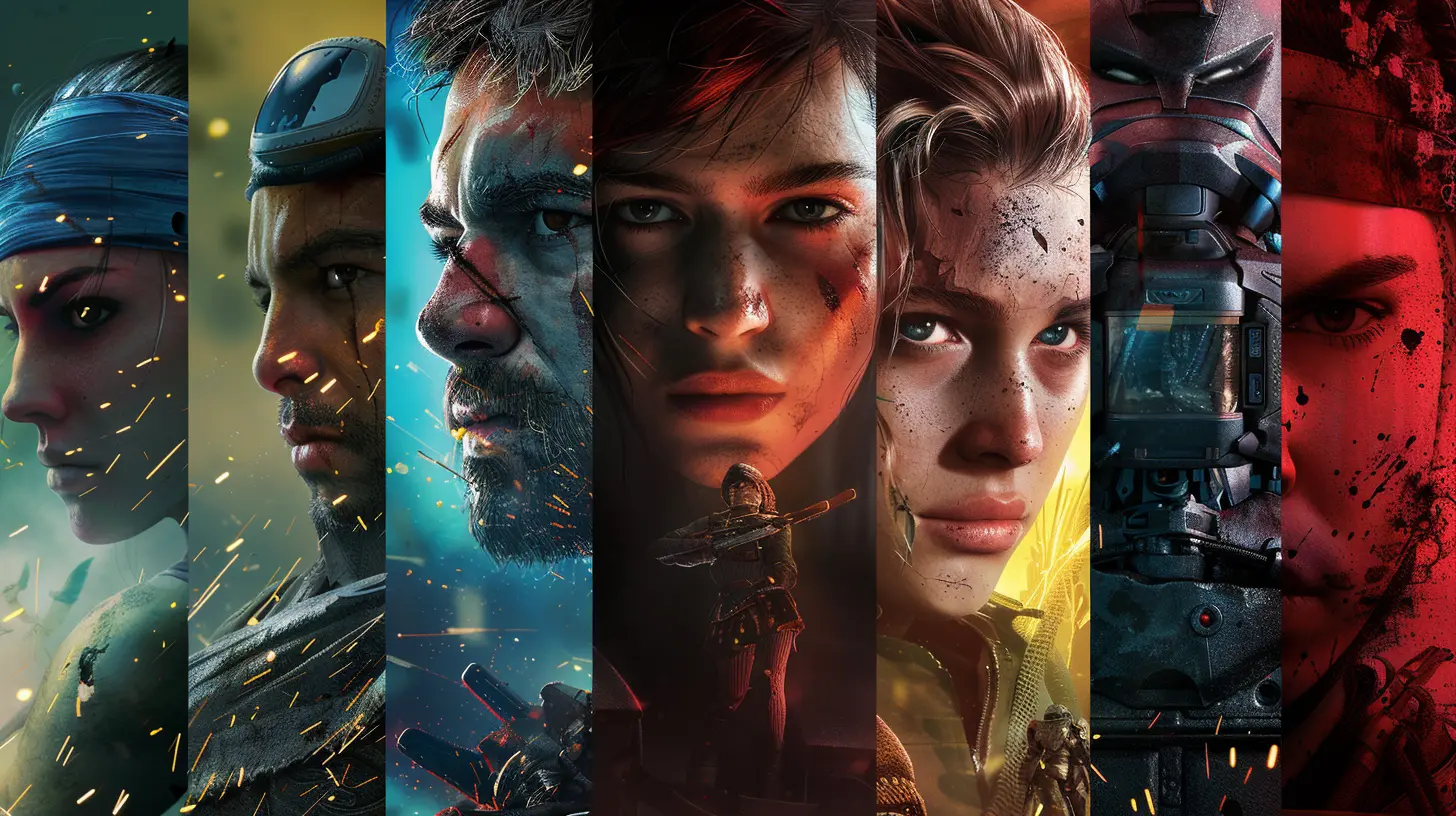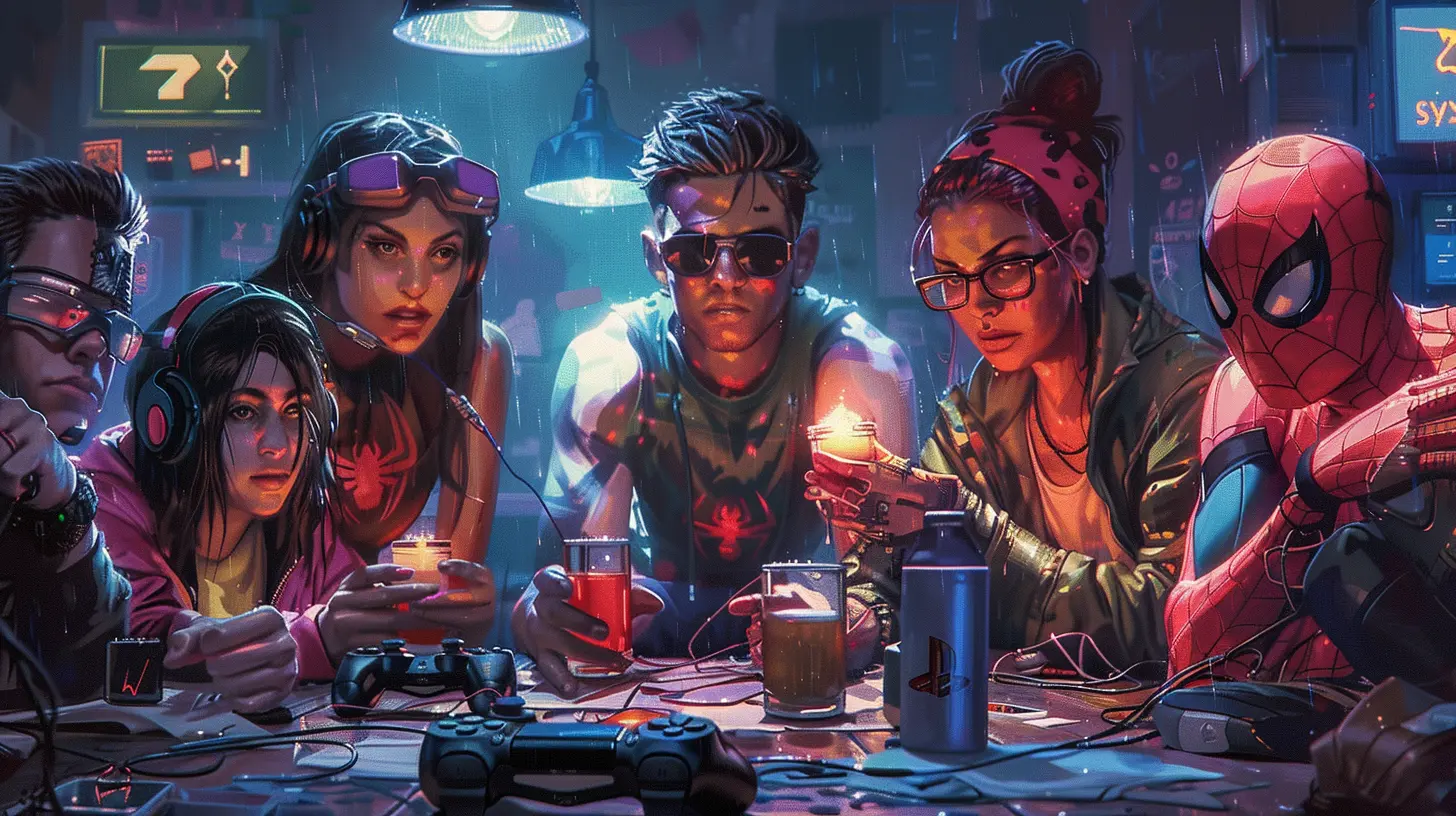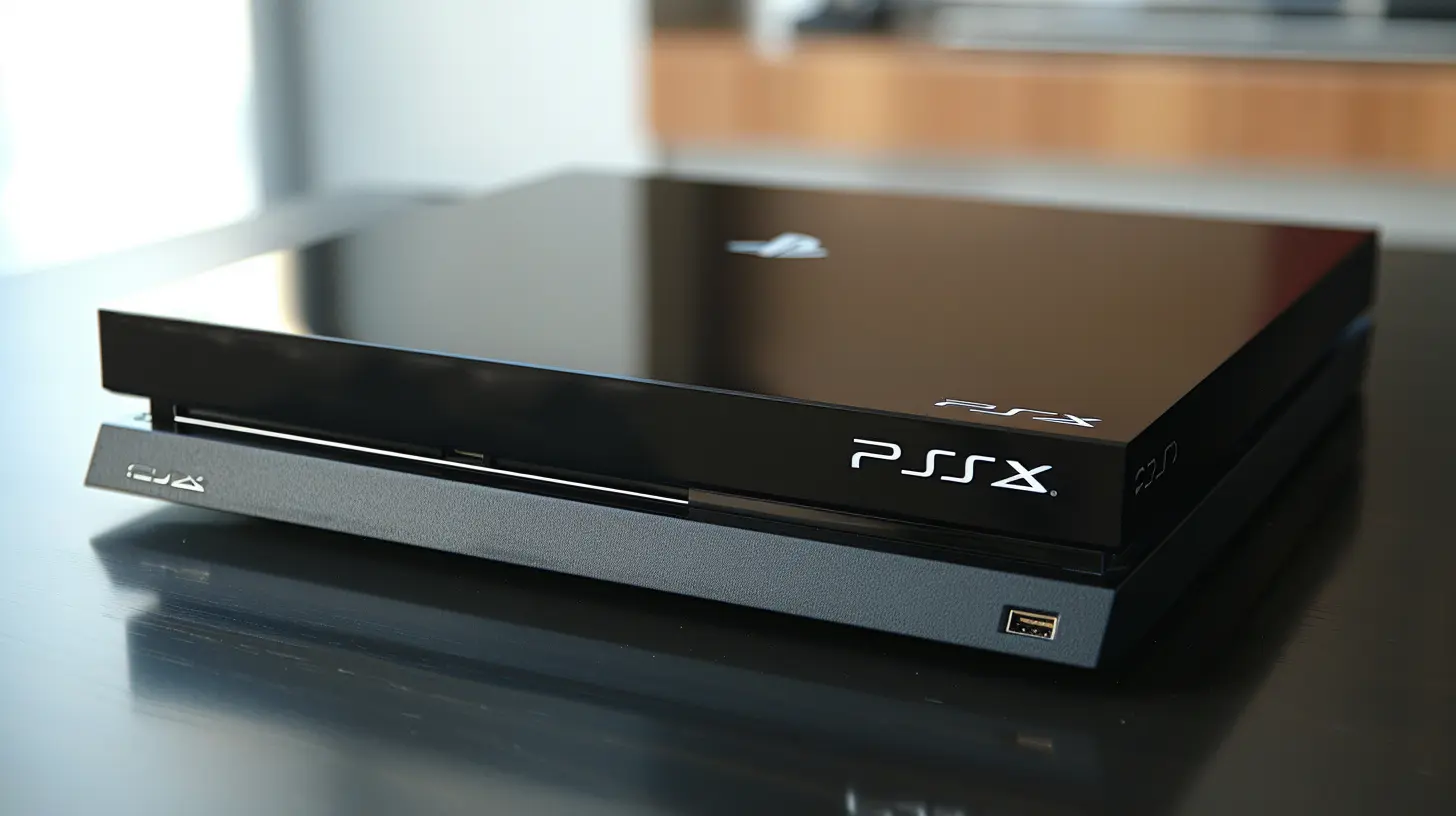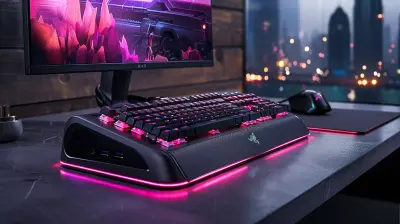The Impact of PlayStation's Online Communities on Modern Multiplayer Gaming
23 June 2025
Gaming isn't what it used to be. Remember the days when playing with friends meant gathering around a couch, everyone fighting over who gets the best controller? Fast forward to today, and the scene looks entirely different — wireless headsets, digital lobbies, and friends scattered across the globe. And if there's one platform that’s played a massive role in shaping this transformation, it's PlayStation. Specifically, its online communities have been silent architects of a multiplayer revolution.
It's crazy to think about, right? How something as simple as a party chat or a message board evolved into a full-blown social ecosystem that influences how we game, connect, and build lasting friendships in the virtual world.
Let’s dig into how PlayStation’s online communities have helped shape modern multiplayer gaming — and why it’s more than just a feature. It’s a phenomenon.
The Rise of PlayStation Online: A Brief Look Back
Before we dive into the impact, let’s rewind a bit.Back in 2006, when Sony launched the PlayStation Network (PSN) alongside the PS3, it was a bold step into the online gaming world. While Microsoft’s Xbox Live had already set the stage, PSN came in with a fresh perspective — offering free online play, a user-friendly interface, and an open invitation to all players to connect and compete.
Unlike the isolated experiences of the PS2 era, PSN opened up a digital frontier. Suddenly, you weren't just battling AI or your little brother. You were part of a global battlefield — and your team could include a kid from Tokyo, a college student from Berlin, and your neighbor from three doors down.
That’s where the magic started.
From Matchmaking to Meaningful Connections
Sure, the PSN was about gameplay, but over time, it became something more. It wasn’t just about who could rack up the most kills or capture the most flags. It was about connection. Camaraderie. Even community.Think about how many friendships have been born in the heat of a Warzone match or while grinding through Destiny raids. These online spaces started as simple matchmaking tools, but quickly evolved into support networks and hangout spots. You didn’t just “join a game,” you logged into your second home.
Clan Culture and Group Dynamics
Multi-player games like Call of Duty, Destiny, and even The Division saw a rise in clan-based systems. These weren’t just teams. These were families. Clans on PSN turned into mini-communities where everyone had a role — the strategist, the healer, the wild card. You had late-night Discord calls, tournament sign-ups, inside jokes, and even real-life meetups.PlayStation’s interface made it easy to create, manage, and grow these groups. It wasn’t just about the games anymore. It was about the people behind the usernames. And that changed everything.
Party Chat: The Modern-Day Campfire
If there’s one underrated feature that completely reshaped multiplayer gaming, it’s the humble party chat.Before party chats, communication was clunky at best. You’d be shouting into a laggy mic during a tense match, praying your teammates heard you in time. But with party chat? You were in your own personal bubble. Planning, bantering, bonding — all while dodging bullets on screen.
Party chat didn't just make strategy easier — it made gaming social. It was like a virtual campfire. A place to unwind, talk trash, or vent about your day while slaying dragons or scoring goals in Rocket League. And because PSN supported cross-game chat, you didn’t even have to be playing the same title to stay connected.
The psychological impact of that? Huge.
Gamers started logging in just to hang out. Game or no game.
The Evolution of PS Communities and Forums
Let’s not forget the actual “Communities” feature PlayStation rolled out in 2015 on PS4. This was a direct nod to how players were craving more social interaction features baked right into their consoles.These communities were themed spaces — whether for fans of a specific game, genre, or even niche interests like speedrunning or trophy hunting. You could join, post messages, share screenshots, and find players with similar vibes.
While the PS5 phased out the official Communities feature (much to the heartbreak of some loyalists), the groundwork was already laid. Players had gotten a taste of social networking within their gaming console. And they weren’t going back.
Even now, spin-offs of these communities thrive on platforms like Reddit, Discord, and Twitter (or X), solidifying that the social aspect of gaming isn’t an add-on — it’s a must-have.
Streaming, Sharing, and the Rise of Gaming Influencers
Another key way PlayStation’s online community changed the multiplayer game? By turning everyday gamers into content creators.With the Share button introduced on the PS4, users could instantly broadcast their gameplay, share screenshots, or upload highlight reels. Suddenly, every victory royale or epic boss battle was a shareable moment — and the community loved it.
Players weren’t just players anymore. They were streamers, review writers, entertainers. And their audience? The very community they were a part of.
This helped blur the lines between player and creator. Multiplayer gaming became more performative — not in a bad way, but in a fun, engaging, and interactive way. You weren’t just playing for yourself, you were playing with and for your community.
Cross-Play and Inclusivity: A New Era of Connection
For a long time, PlayStation was a bit hesitant about cross-platform play. But once the gates opened (thanks in part to community demand), it felt like a whole new world.Cross-play in titles like Fortnite, Warzone, and Apex Legends allowed PlayStation users to play with friends on Xbox, PC, and even Switch. That’s no small deal. It broke down the walls that once segmented players based on their console of choice.
Now we had larger networks, more diverse groups, and way more competitive multiplayer scenes. And all of this stemmed from PlayStation listening to their online communities.
It wasn’t just about appeasing fans. It was about adapting to a future where gaming is less about what you play on and more about who you play with.
The PlayStation Plus Revolution
And of course, we can’t talk about online PS experiences without mentioning PlayStation Plus.Initially launched as a way to offer “free” monthly titles and exclusive deals, PS Plus eventually evolved into the backbone of online multiplayer access. And what that did was create a shared experience.
When everyone’s getting the same game in the same month, it creates moments. Like when Fall Guys dropped and everyone jumped on at the same time. Or when they added Rocket League and lit a global fire under the multiplayer scene.
It was about timing, discovery, and the community all moving in sync.
And now with PS Plus Extra and Premium tiers, you’ve got even more ways to connect, compete, and collaborate.
Toxicity and Triumph: Moderating the Online Space
Let’s be real — not every PlayStation community has been sunshine and rainbows. Where there are people, there are problems. And online spaces can sometimes bring out the worst in folks.Toxicity, harassment, and griefing unfortunately exist. But here’s where PlayStation’s response really stands out. Over the years, they’ve implemented tools for better reporting, stricter moderation, and even AI-driven filters to keep things clean.
The community itself has played a part too. Self-moderating, calling out bad behavior, and uplifting positive voices. It’s an ongoing battle, but one that shows just how invested people are in keeping their digital homes safe.
Because at the end of the day, community only thrives where people feel welcome.
What the Future Holds for PlayStation’s Online Communities
Looking ahead, the road is exciting — and unpredictable.With VR gaining traction, PlayStation’s next-gen online communities could be entirely immersive. Imagine joining a lobby in a virtual room where your avatar fist-bumps your squad before jumping into a co-op mission.
Or how about deeper integration between mobile apps, consoles, and streaming platforms? We’re heading toward a seamless ecosystem where chatting, playing, sharing, and streaming all happen in one fluid experience.
And don’t even get me started on AI companions, dynamic matchmaking, or metaverse-style social hubs. These might sound futuristic now, but then again, so did playing with a friend in another country 15 years ago.
Final Thoughts: More Than Just Games
So, what’s the real impact of PlayStation’s online communities?It made gaming human. It turned a solo hobby into a shared experience. It built digital friendships that feel just as real as the ones offline. And through ups and downs, it’s constantly evolving — driven by players, powered by connection, and focused on fun.
And that, my friend, is what modern multiplayer gaming is all about.
all images in this post were generated using AI tools
Category:
PlaystationAuthor:

Pascal Jennings
Discussion
rate this article
2 comments
Joel Coleman
Oh sure, because nothing says "community" like a bunch of avatars yelling at each other in a virtual lobby. Who needs real friends when you can mute the digital ones?
November 1, 2025 at 3:47 AM

Pascal Jennings
I appreciate your perspective! Online communities can be chaotic, but they also foster connections and friendships that extend beyond the screen.
Dominique McQuiston
This article beautifully captures the essence of connection in gaming. PlayStation's online communities have transformed how we engage with one another, fostering friendships and teamwork across the globe. It's heartwarming to see the positive impact of shared experiences, reminding us that gaming is about more than just competition—it's about community.
June 25, 2025 at 3:55 AM

Pascal Jennings
Thank you for your thoughtful comment! I completely agree—PlayStation's online communities truly highlight the importance of connection and shared experiences in gaming.


